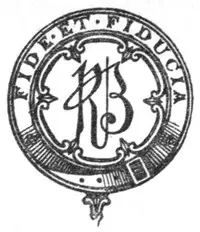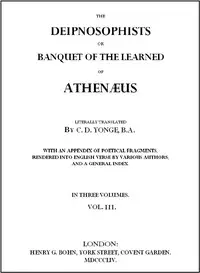"The New Hudson Shakespeare: Julius Cæsar" by William Shakespeare is a historical drama that vividly portrays the conspiracy against and assassination of a powerful Roman leader. It’s a story steeped in political intrigue, exploring the complex motivations of characters torn between loyalty and their ideals for the Republic. As the play unfolds, themes of betrayal, honor, and the seductive nature of power take center stage through the moral struggles of key characters, particularly one noble figure swayed to join the plot, and one that seeks deadly revenge. Through powerful speeches and dramatic scenes, the play examines the consequences of political violence and the manipulation of public sentiment, painting a tragic picture of ambition and its devastating impact on both individuals and the state of Rome.

The New Hudson Shakespeare: Julius Cæsar
By William Shakespeare
Amidst the grandeur of ancient Rome, a web of conspiracy and betrayal unfolds as ambitious men plot to remove a powerful leader, forever changing the course of history.
Summary
About the AuthorWilliam Shakespeare was an English playwright, poet and actor. He is widely regarded as the greatest writer in the English language and the world's pre-eminent dramatist. He is often called England's national poet and the "Bard of Avon". His extant works, including collaborations, consist of some 39 plays, 154 sonnets, three long narrative poems and a few other verses, some of uncertain authorship. His plays have been translated into every major living language and are performed more often than those of any other playwright. Shakespeare remains arguably the most influential writer in the English language, and his works continue to be studied and reinterpreted.
William Shakespeare was an English playwright, poet and actor. He is widely regarded as the greatest writer in the English language and the world's pre-eminent dramatist. He is often called England's national poet and the "Bard of Avon". His extant works, including collaborations, consist of some 39 plays, 154 sonnets, three long narrative poems and a few other verses, some of uncertain authorship. His plays have been translated into every major living language and are performed more often than those of any other playwright. Shakespeare remains arguably the most influential writer in the English language, and his works continue to be studied and reinterpreted.


















